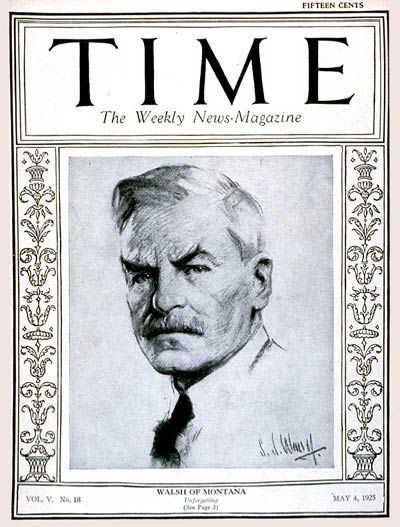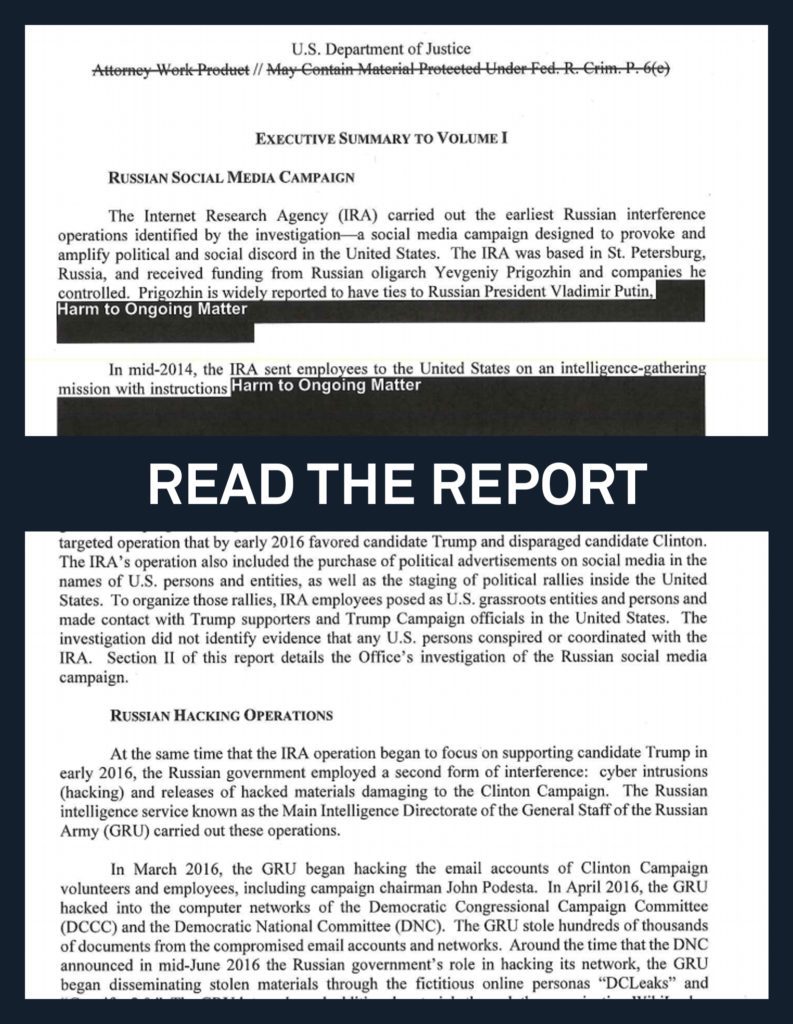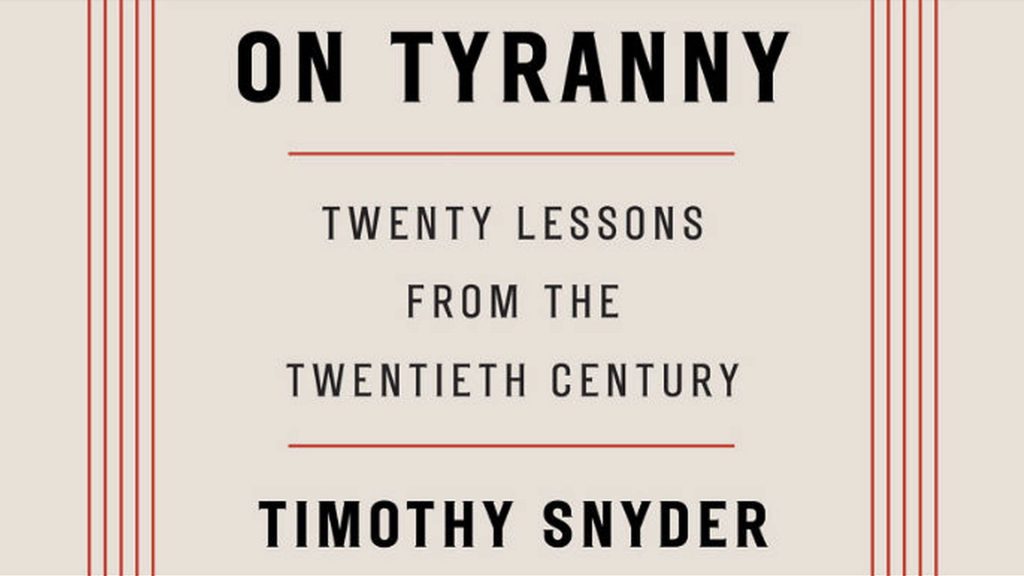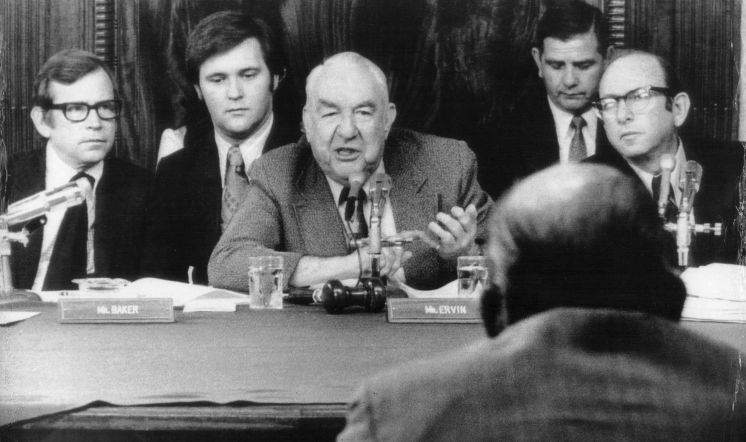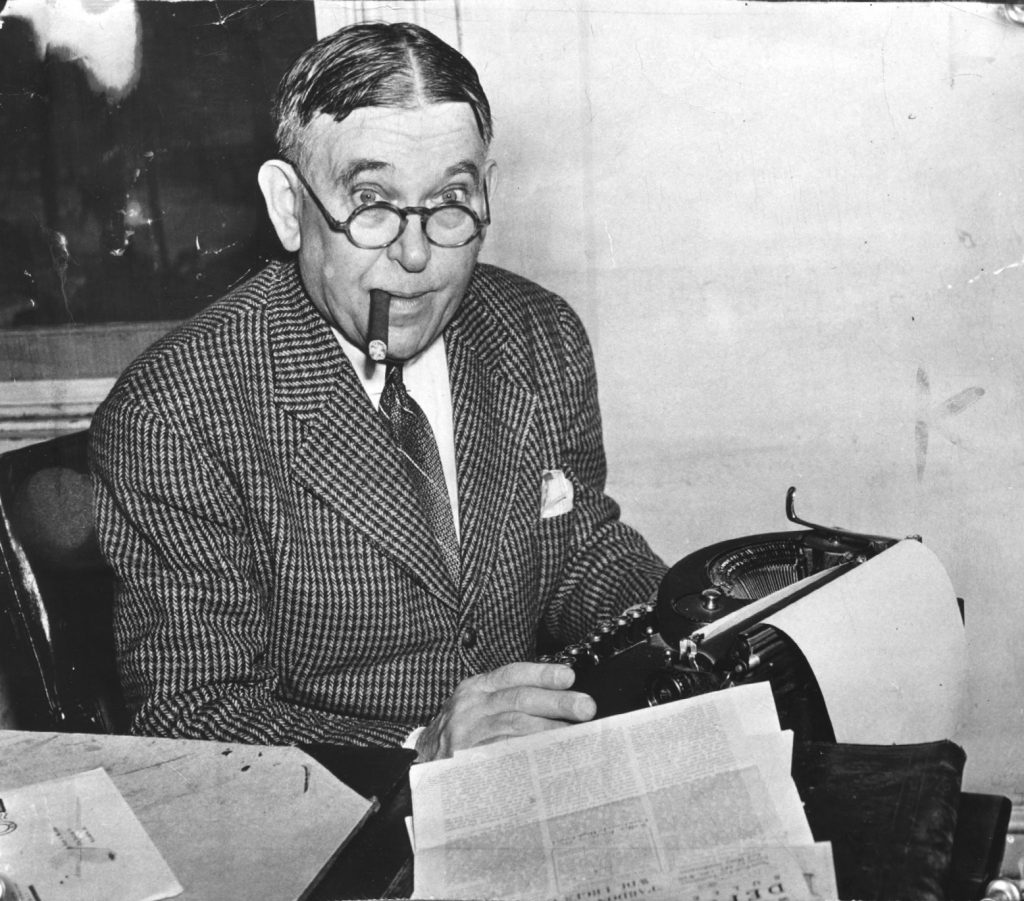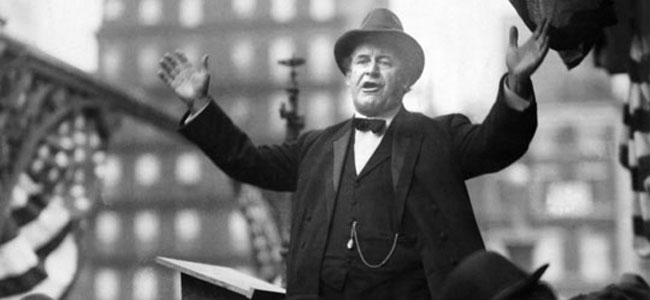We learned with certainty this week what the more discriminating among us have known for a long, long time – the National Rifle Association (NRA) is a fraud. The Wall Street Journal, not anyone’s definition of the liberal press, produced the documents that prove how the NRA’s chief mouthpiece, Wayne LaPierre, and a handful of other top executives have scammed the nation’s gullible gun owners out of millions and millions of dollars.
LaPierre has perfected the gift of the grift. The Journal reported that he submitted bills for $39,000 worth of clothing during one – just one – visit to a Beverly Hills “boutique.” As writer Jonathan V. Last noted, it is possible, I guess, to pay $500 or $600 for a pair of pants, but at LaPierre’s rate of spending “that leaves you with close to 80 pairs of pants.” The documents obtained by the newspaper seem to indicate LaPierre, who usually seems more focused on bullet proof vests than Italian suits, somehow racked up clothing bills approaching $275,000, all billed to the Second Amendment loving deer hunters who send checks to the NRA.

And then there’s the gun lobby’s lobbyist’s taste in travel, also amazingly spendy, $40,000 for a one-way flight from Washington to the Bahamas and $1,096 for “Airport Assistance” in Frankfurt, Germany.
The NRA booked legal expenses over the last year of $18.5 million with just one law firm. That is a lot of billable hours, in fact more than $100,000 per day over the course of a full year. LaPierre also billed nearly $14,000 for three months rent for “a summer intern” who reportedly worked at the NRA. That is some rental. Some intern.
Oliver North, the sleazy former Iran-Contra operative, served briefly as president of the NRA before being deposed a couple of weeks ago. He reportedly had a cushy contract worth millions annually. It’s difficult to tell from the organization’s 990 form what if any perks NRA board members receive, but former senator Larry Craig, a dependable shill for the NRA in Congress, is a long-time board member and at a minimum he owns a piece of the current scandal.
LaPierre, living the pampered life style of the “elite” beltway hypocrite, is, of course, the guy who regularly keeps his cash register humming with bombast like this: “It’s up to us to speak out against the three most dangerous voices in America: academic elites, political elites and media elites. These are America’s greatest domestic threats.”
There is more, pricy travel, expensive perks, insider sweetheart deals, but you get the point. Expenses incurred by the NRA brass that aren’t “just extravagant and wasteful,” as Jonathan Last wrote, “but … so insane that you can’t even really figure out how they were actually incurred.” An entirely different set of questionable activities has prompted an investigation into the NRA’s tax-exempt status.
The NRA’s fraud – conservative columnist Max Boot describes it as a big part of the larger “racket” that American conservatism has become – dates back a long way. My personal NRA inflection point came in the early morning hours of November 1, 1986, three days before the gubernatorial election that year. The NRA was all over the Idaho airwaves that weekend smearing Cecil D. Andrus.
“Every great cause begins as a movement, becomes a business, and eventually degenerates into a racket.” – Eric Hoffer
Andrus had, audaciously it turns out, honestly responded to one of the NRA’s “candidate surveys.” A big issue then was whether to outlaw so called “cop killer” bullets, Teflon coated rounds specifically designed to penetrate a bulletproof vest. Andrus said he had no problem banning the bullet since he’d never seen an elk wearing a bulletproof vest. The once and future governor also said he had no issue with bans on military-like assault weapons, the kind that have become the weapon of choice for our regularly occurring school massacres.
The NRA gave Andrus a D-rating in 1986 and put up commercials calling him a threat to Idaho sportsman. The hunter-governor who never met a shotgun or elk camp he didn’t love just wasn’t pure enough for Wayne LaPierre. The gun lobby endorsed Republican David Leroy in 1986, a fellow who knew his way around a Boise courtroom, but a guy no one expected to occupy a hunting camp.
To understand how amazing – or outrageous – those NRA smears of Andrus were you need to know about Andrus the hunter and gun owner. In early October of that election year, Andrus quietly left the campaign trail for three days so as not to miss his annual elk hunt. As his press secretary I was deathly afraid some enterprising reporter would ask me where the candidate was and why he wasn’t shaking hands and seeking votes? In retrospect I should have put out a news release – “Andrus Pursues Mighty Wapiti Rather Than Votes.” He got his elk, by the way.

Andrus once stashed a new 12-gauge shotgun in my office while waiting for the opportunity to secret the firearm into his home. He said if he could get the gun home without Carol noticing she would never know he had purchased another firearm. He had so many guns that one more would fade unnoticed into the gun cabinet.
The four-term governor was the kind of politician the NRA can’t abide, a passionate hunter and gun owner who thought the organization was off its rocker when it came to legitimate restrictions on the kinds of weapons that now regularly kill innocent people in churches, synagogues, schools and on street corners. Thirty years ago he correctly saw that the NRA, faking concern for sportsmen, while serving as stalking horse for firearms manufacturers, had just become one more radical ancillary of the Republican Party. Unlike most politicians he had the courage to say that the leaders of the gun lobby really built their political influence in order to facilitate their own financial enrichment.
For decades the NRA has been the biggest fundraising cash register on the hard right of American politics, whipping up outrage, constantly stoking fear and always depositing the checks. The fraud is finally coming home to roost.
—–0—–
(This piece originally appeared in the Lewiston, Idaho Tribune on May 17, 2019)

